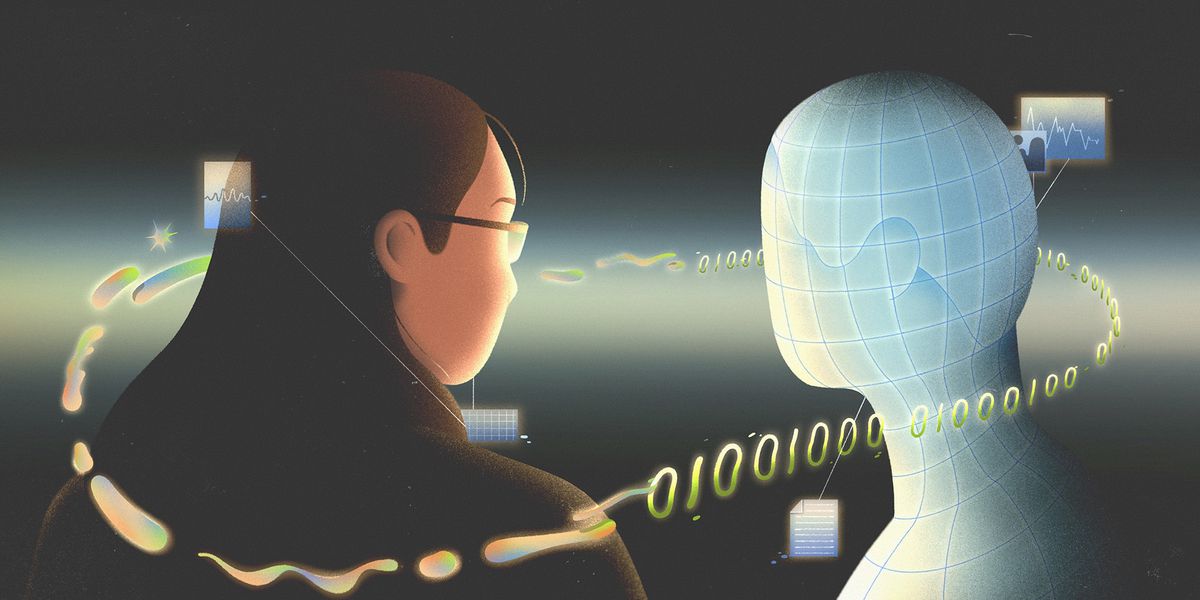The impact of ChatGPT on the medical community continues to be a topic of discussion almost a year after its introduction. While some professionals see it, along with similar programs, as potential precursors to superintelligence that could pose risks to civilization, others perceive it simply as a sophisticated auto-complete tool.
Historically, the capacity to communicate verbally has long been considered a fundamental indicator of logical reasoning, until the rise of systems like ChatGPT. The linguistic adaptability demonstrated by children was unmatched until the advent of language models, presenting a complex intellectual quandary: either the connection between language and cognition has been disrupted, or a novel form of intelligence has surfaced.
Engaging with language models may create the illusion of conversing with a sentient entity, but it is essential not to attribute human-like qualities to them. Proficiency in grasping the subtleties of language and context is pivotal for effective communication.
It is prudent to be cautious when depending on language models for seamless interactions. Regard them not as mere repositories of data, as this approach can impede meaningful dialogues. Studies indicate that emotional appeals are more successful in eliciting responses from language models compared to neutral inquiries, underscoring the significance of interacting with them in a manner akin to human interaction.
Human-centered biases can obscure our assessment of language models. It is crucial to approach them with an unbiased perspective and refrain from imposing human-centric benchmarks on their capabilities. By embracing a comparative outlook and delving into the distinctive proficiencies of language models, we can enhance our comprehension of their functions without being confined by human-centric predispositions.






